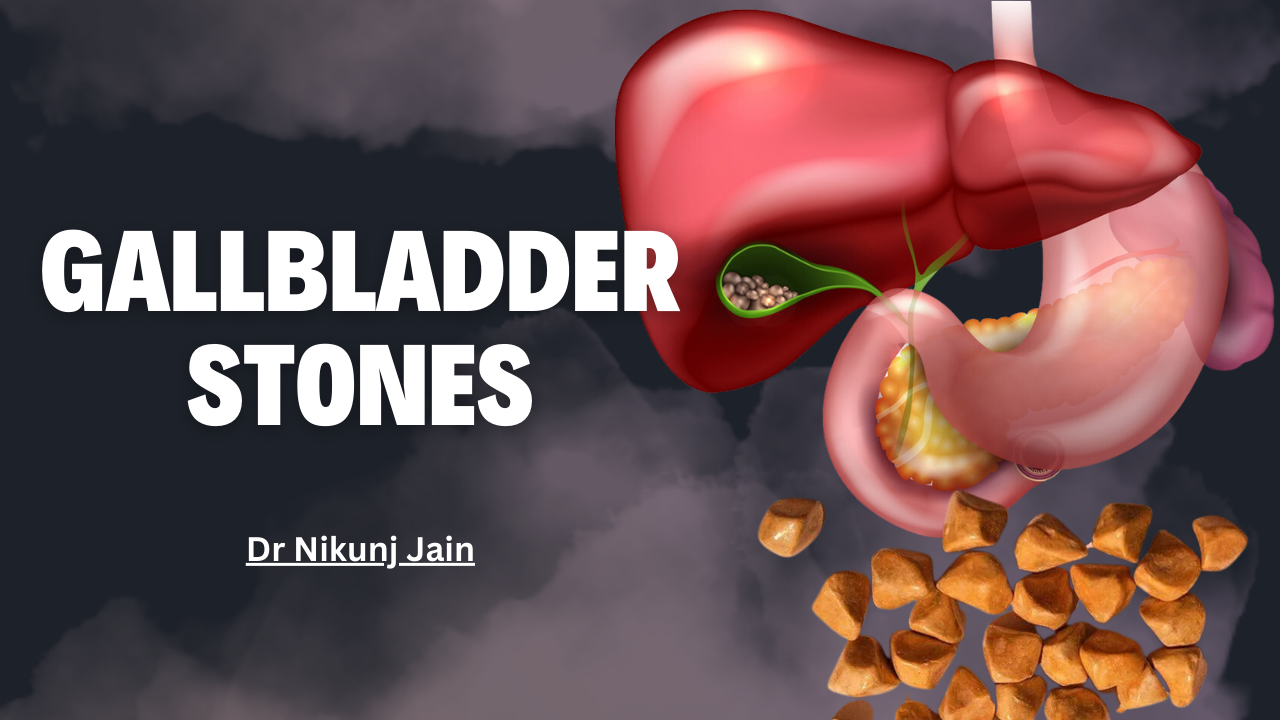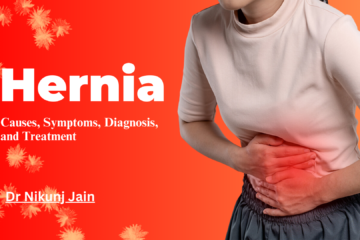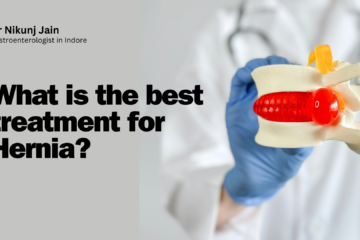Introduction
The gallbladder, a small organ located beneath the liver, plays a crucial role in the digestive system by storing and releasing bile to aid in the digestion of fats. However, sometimes, small, hard particles known as gallstones can form within the gallbladder, causing discomfort and potential complications. In this comprehensive blog, we will delve into the world of gallbladder stones, exploring their causes, symptoms, diagnosis, treatment options, and preventive measures.
Anatomy and Function of the Gallbladder
Before we dive into gallstones, let’s understand the anatomy and function of the gallbladder. The gallbladder is a pear-shaped organ that stores bile, a digestive fluid produced by the liver.
What are Gallbladder Stones?
Gallstones, also known as cholelithiasis, are solid particles that form in the gallbladder. These stones can vary in size, from small grains to larger masses. There are two main types of gallstones:
- Cholesterol Stones: These are the most common type of gallstones, formed when there is an excess of cholesterol in the bile.
- Pigment Stones: These stones are made up of bilirubin and are more common in conditions where there is excessive breakdown of red blood cells.
Causes of Gallbladder Stones
Several factors contribute to the formation of gallstones, including:
- Excess Cholesterol in the Bile: When the liver produces more cholesterol than the bile can dissolve, it can lead to the formation of cholesterol stones.
- Bile Imbalance: An imbalance in the substances that make up bile, such as bilirubin, can contribute to the development of gallstones.
- Obesity: People who are overweight or obese are at a higher risk of developing gallstones.
- Rapid Weight Loss: Losing weight too quickly can cause the liver to release extra cholesterol into the bile, leading to gallstone formation.
- Pregnancy: Hormonal changes during pregnancy can increase the risk of gallstones.
- Genetics: A family history of gallstones may increase an individual’s susceptibility to developing them.
Symptoms of Gallbladder Stones
Gallstones often do not cause symptoms until they obstruct the normal flow of bile. Common symptoms include:
- Pain: The most common symptom is a sudden, intense pain in the upper abdomen, known as biliary colic. This pain may radiate to the back or shoulder.
- Nausea and Vomiting: Gallstones can cause nausea and vomiting, especially after meals.
- Jaundice: If a gallstone blocks the bile duct, it can lead to jaundice, characterized by yellowing of the skin and eyes.
- Fever and Infection: In some cases, gallstones can lead to inflammation of the gallbladder (cholecystitis) or infection in the bile ducts.
Diagnosis of Gallbladder Stones
- Ultrasound: This non-invasive imaging test is often the first choice for diagnosing gallstones.
- Blood Tests: Blood tests can help identify signs of infection or inflammation in the gallbladder.
- CT Scan: A computed tomography (CT) scan may be performed to get a detailed view of the gallbladder and surrounding structures.
- HIDA Scan: This nuclear medicine test involves injecting a radioactive substance into the body to track the flow of bile.
Treatment Options for Gallbladder Stones
The treatment approach for gallstones depends on the severity of symptoms and the presence of complications. Common treatment options include:
- Watchful Waiting: If the gallstones are not causing symptoms, a healthcare provider may adopt a wait-and-see approach.
- Medications: Certain medications, such as ursodiol, may be prescribed to dissolve cholesterol stones.
- Laparoscopic Cholecystectomy: This minimally invasive surgery involves removing the gallbladder and is often recommended for symptomatic gallstones.
- Endoscopic Retrograde Cholangiopancreatography (ERCP): This procedure can be used to remove gallstones that have migrated into the bile ducts.
- Extracorporeal Shock Wave Lithotripsy (ESWL): This non-invasive procedure uses shock waves to break gallstones into smaller pieces, making them easier to pass.
Preventive Measures for Gallbladder Stones
Taking steps to prevent the formation of gallstones is essential, especially for individuals at higher risk. Key preventive measures include:
- Maintaining a Healthy Weight: Adopting a healthy lifestyle with a balanced diet and regular exercise can help prevent obesity-related gallstones.
- Balanced Diet: A diet low in saturated fats and cholesterol and high in fiber can help prevent the formation of cholesterol stones.
- Hydration: Staying well-hydrated is crucial for maintaining bile fluidity and preventing stone formation.
- Regular Physical Activity: Engaging in regular exercise not only aids in weight management but also promotes overall digestive health.
Conclusion
Gallbladder stones are a common and often painful condition that can affect individuals of all ages. Understanding the causes, symptoms, diagnosis, treatment options, and preventive measures is crucial for managing and preventing gallstones. If you suspect you have gallstones or are experiencing symptoms, it is important to consult with a healthcare professional for an accurate diagnosis and appropriate treatment plan.
Meet Your Doctor

The Best Laparoscopic Surgeon in Indore
Dr. Nikunj Jain is a renowned Gastro & Minimal Access Laparoscopic Surgeon.
He is a Surgical Gastroenterologist, Consultant Surgeon at Apollo Hospital, Indore having expertise in laparoscopic, Laser, and Robotic Surgery.
You can be confident that with Dr. Nikunj Jain your well-being is in the capable hands of a highly-skilled Minimally Invasive Laparoscopic & RoboticSurgeon. Dr. Nikunj Jain strives to treat his patients with an honest, straightforward, and caring nature in a safe and comfortable environment.
Dr. Nikunj Jain has been awarded Dr. B. Ramamurthi National Gold Medal by National Board of Examination.
drnikunjjain@gmail.com
Email your reports
+91-97114-59697
Call Now to book Appointment
Head Quarter Building
3rd Floor, Satya Sai Square, Vijay Nagar, Indore – MP
Apollo Hospital
Sector-D, Scheme No 74C, Vijay Nagar, Indore – MP
Read More –
Understanding GI Cancer Surgery: A Comprehensive Guide –https://drnikunjjain.com/understanding-gi-cancer-surgery-a-comprehensive-guide/
Understanding Hernia: Causes, Symptoms, Diagnosis, and Treatment –https://drnikunjjain.com/understanding-hernia-causes-symptoms-diagnosis-and-treatment/
GERD and Acid Reflux: Causes, Symptoms, and Treatment – https://drnikunjjain.com/gerd-and-acid-reflux-causes-symptoms-and-treatment/



